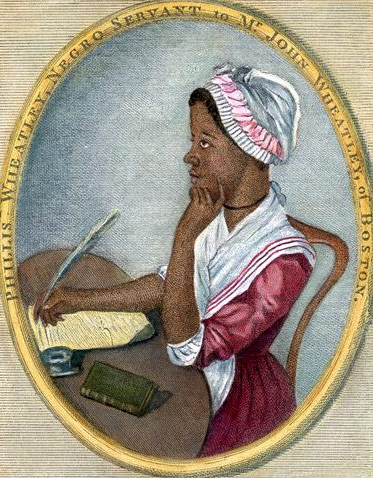- Image from the 1996 BBC miniseries of Jane Eyre
I have recently, for the first time in my life, finally read Jane Eyre. Needless to say, I loved it, and have learned a lot from it. I would like to share part of a conversaton Jane has with her fellow student at the Lowood School, where Jane spent 8 years of her life. Lowood School was a "charitable institution", but the girls were not well fed and the buildings were never heated satisfactorily. Some teachers were kind, others were harsh. This is an excerpt of a conversation between Jane and her friend, Helen Burns, shortly after Helen had been harshly punished for her "faults":
"You must wish to leave Lowood?" [Jane]
"No! why should I? I was sent to Lowood to get an education; and it
would be of no use going away until I have attained that object." [Helen]
"But that teacher, Miss Scatcherd, is so cruel to you?"
"Cruel? Not at all! She is severe: she dislikes my faults."
"And if I were in your place I should dislike her; I should resist
her. If she struck me with that rod, I should get it from her hand;
I should break it under her nose."
"Probably you would do nothing of the sort: but if you did, Mr.
Brocklehurst would expel you from the school; that would be a great
grief to your relations. It is far better to endure patiently a
smart which nobody feels but yourself, than to commit a hasty action
whose evil consequences will extend to all connected with you; and
besides, the Bible bids us return good for evil."
"But then it seems disgraceful to be flogged, and to be sent to
stand in the middle of a room full of people; and you are such a
great girl: I am far younger than you, and I could not bear it."
"Yet it would be your duty to bear it, if you could not avoid it:
it is weak and silly to say you CANNOT BEAR what it is your fate to
be required to bear."
I heard her with wonder: I could not comprehend this doctrine of
endurance; and still less could I understand or sympathise with the
forbearance she expressed for her chastiser. Still I felt that
Helen Burns considered things by a light invisible to my eyes. I
suspected she might be right and I wrong; but I would not ponder the
matter deeply; like Felix, I put it off to a more convenient season.
--from Jane Eyre by Charlotte Bronte, Chapter 6, here.
What a great example of bearing up under adversity! Jane is later put to the test when she is falsely accused of being a liar, and made to stand on the stool for hours.


